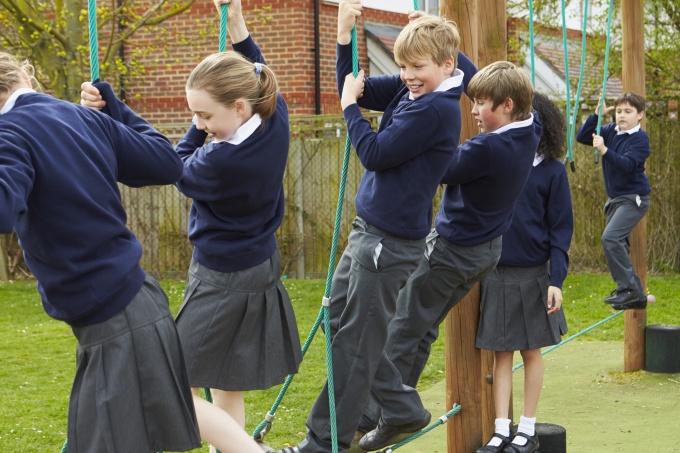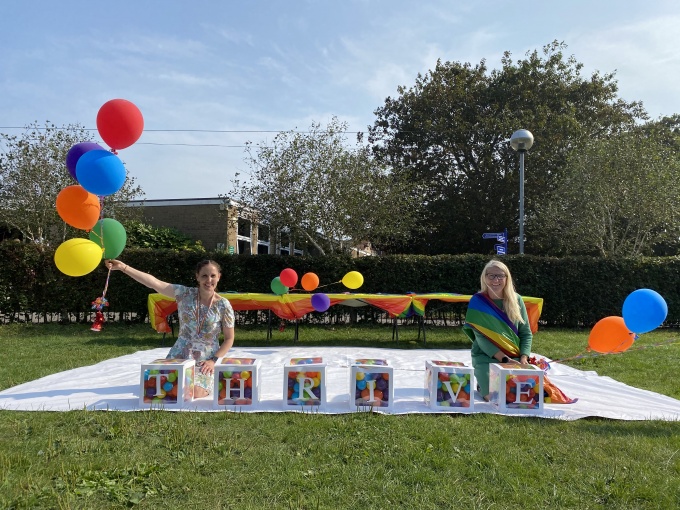Based at the University of Dundee, Dr Zeedyk is fascinated by babies' innate capacity to connect. She has worked tirelessly to help the public understand the importance of emotional connection for human health and happiness, based on scientific research. In 2014 she founded connected baby to help parents and professionals make practical use of the science of connections, because in her words "Relationships matter - as much for human brains as for human hearts."
Dr Zeedyk's keynote explored the language used to explain attachment theory today and the importance of relationships. British psychologist John Bowlby pioneered attachment theory in the 1950s, to explain the importance of a secure and trusting relationship between a child and their primary caregiver. Dr Zeedyk suggests that, although science supports this, the language used to explain the importance of relationships has not enabled society to grasp its importance.
There have been plenty of scientific research and empirical studies to show that:
- Babies are born already connected,
- Connections shape brain development, and
- Society suffers when babies (and adults) don't feel connected.
And Dr Zeedyk is now on a mission to share these findings as widely as possible, using language that everyone understands!
She uses the language of Sabre Tooth Tigers and Teddy Bears to highlight two key insights from the science of attachment. The first is about anxieties (the tigers), and how a baby needs their primary caregiver to help them survive, and the second is the importance of comfort (the teddy bear) to reassure and help the child develop it's own internal teddy bear.
So using Dr Zeedyk's language, the Thrive Approach is, in essence, a way of helping adults to help the children and young people in their care to grow their own internal teddy bears, so that they are better able to cope with the many sabre tooth tiger moments they will encounter.
Dr Suzanne Zeedyk is also the keynote speaker for the Thrive Forging New Connections 2019 conference in Coventry and for 2020 in Barnsley.
Over to you
Reduced anxiety and behavioural incidents. Calmer classrooms filled with engaged leaners. Improved relationships with parents and carers. These are just some of the outcomes reported by settings embedding Thrive’s whole-school approach to mental health and wellbeing. Are you ready to join them? Click here to get started.
Pass it on
Small actions can lead to a big ripple effect. If you enjoyed this post or found it helpful, please consider supporting us in our mission to help every child and young person feel safe, supported and ready to learn by sharing it using the social media buttons below.
Want to join a like-minded community of senior leaders and classroom staff benefitting from insights and strategies to improve attendance, behaviour and attainment? Add your email address below. (It’s easy to unsubscribe).

_680.jpg)

(7)_680.jpg)
_680.jpg)
